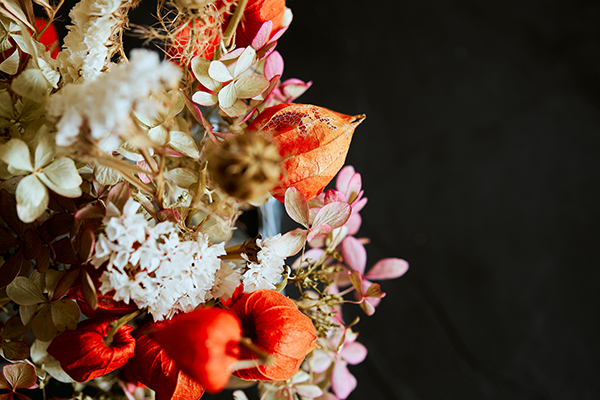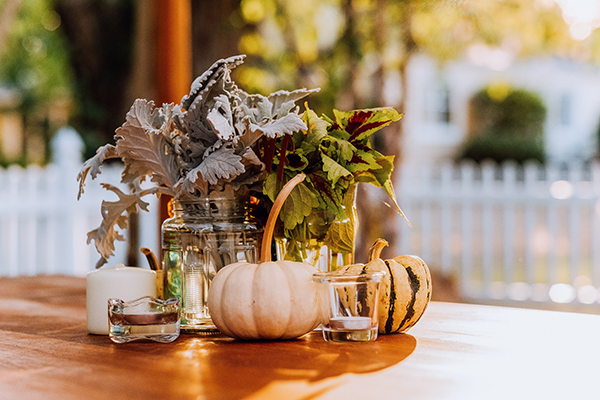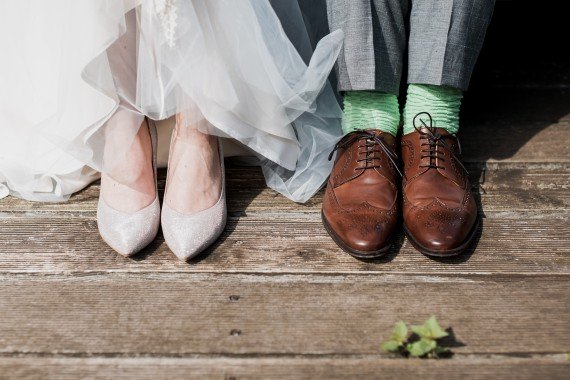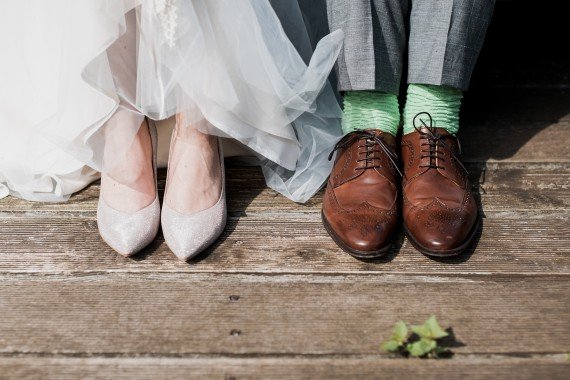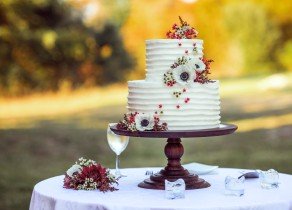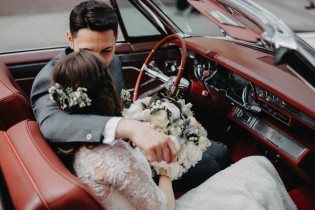Hot and Sunny Septembers: should you be planning a September wedding?
In the United Kingdom, September is often associated with cooler temperatures and the gradual transition from summer to autumn. However, every now and then, Britons are treated to a delightful surprise – a burst of warm, sunny weather that defies the expectations of the season. This phenomenon is colloquially referred to as an "Indian Summer." But just how often does the UK experience hot and sunny Septembers, and why do we call them Indian Summers?
The Frequency of Hot and Sunny Septembers:
Hot and sunny Septembers are relatively rare in the UK, but they do occur from time to time. These unseasonably warm spells typically manifest as a continuation of summer-like weather into the early autumn months. While the weather in the UK can be notoriously unpredictable, an Indian Summer is more likely to happen in some years than in others.
The occurrence of an Indian Summer depends on various factors, including atmospheric conditions, pressure systems, and ocean currents. Some years, these elements align to bring warm air from the south, resulting in a period of unexpectedly sunny and hot weather. However, these periods are typically short-lived, lasting a week or two at most. Therefore, the frequency of Indian Summers can vary significantly from year to year.
Personally, I got married in the first week of September, as did another family member, and we had great weather. Another wedding I went to in September 2022 included lots of time outside, but a qucik dash inside or undercover during some rain.
Beyond the promise of warm weather, September offers a captivating backdrop for your wedding. In this transitional month, nature undergoes a stunning transformation. Trees and foliage begin to don their autumnal hues, painting a picturesque landscape of rich reds, vibrant oranges, and deep golds. These natural colors can complement your wedding theme and create a breathtaking ambiance for your special day. Additionally, the softer, more diffused light of September adds a touch of magic to outdoor ceremonies and photographs, making it an ideal choice for those seeking dreamy, sun-kissed memories.
Meanwhile, while summer is a peak wedding season, it can also be the busiest and most expensive time to get married. By opting for a September wedding, you may find greater flexibility and availability among vendors, venues, and professionals in the wedding industry. With demand tapering off from the summer rush, you might have an easier time securing your preferred venue, caterer, or photographer, often at a more budget-friendly rate. This can allow you to allocate your resources towards other aspects of your wedding, such as personalized décor, entertainment, or honeymoon plans, ensuring your celebration is uniquely tailored to your tastes and preferences.
Why do ee call hot Septembers Indian Summers?
The term "Indian Summer" has a long history and is believed to have originated in the United States in the late 18th century. There are several theories about the origin of this phrase, but one of the most widely accepted explanations is rooted in Native American folklore.
Native American tribes, particularly the Algonquian-speaking peoples of the northeastern United States, recognized a period of warm and pleasant weather that occurred in late autumn. They referred to this phenomenon as "Indian Summer." The colonists in the New World adopted this term, and it gradually made its way across the Atlantic to the UK.
The use of "Indian Summer" in the UK can be seen as a linguistic borrowing, reflecting the idea of an unexpected return of warm weather in the autumn months. It's worth noting that the term has been adopted in other English-speaking countries as well, each with their own variations and interpretations.
More from our blog
More Wedding planning view all
23rd September 2024
Versatile events at The Grand Pier, Weston-super-Mare
Last week I was invited to a rather special event on the Grand Pier, Weston-super-Mare.
19th August 2024
Why Weddings Planned in Advance Cost More
If you plan your wedding well in advance, it'll end up costing you more than if you do more in the immediate run up.
1st January 2024
You're Getting Married This Year!: A Guide to Navigating Your Wedding Journey
As you stand on the cusp of your wedding day, here's a guide to relish the excitement and navigate the final stages.
 By Lisa Freeman
By Lisa Freeman

